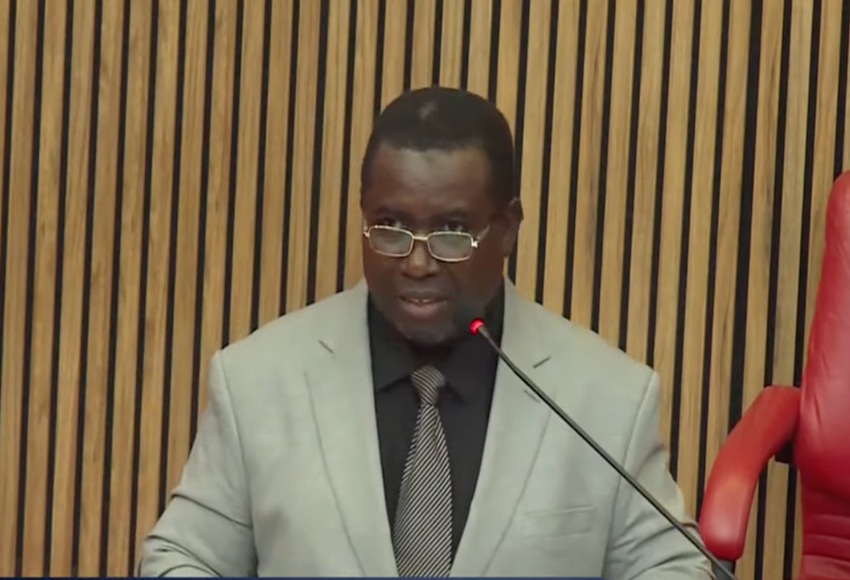
Outrage, disbelief, and mockery have flooded Nigerian social media after the abrupt collapse of CBEX, a digital trading platform accused of defrauding investors of over ₦1.3 trillion.
The platform, which promised 100% returns within 30 days via “AI-powered” trading, vanished on Monday wiping out thousands of users’ life savings. The crash has reignited debates about Nigerians’ susceptibility to quick-profit schemes.
Despite numerous red flags, CBEX attracted wide participation. Over the weekend, cybersecurity analysts tracked $822.8 million in digital assets being transferred to a private Ethereum wallet. Meanwhile, users who logged in were met with empty accounts.
Adding insult to injury, CBEX locked its Telegram groups and launched a fake “account verification” process, demanding an additional $100–$200 from already-devastated investors.
The fallout drew immediate comparisons to past schemes like MMM.
“After the MMM shege, Nigerians still invest in Ponzi,” wrote @MissCazorla1, criticizing what she described as the country’s financial and political gullibility.
@emma75039, who lost ₦100,000 in the MMM collapse, added, “Don’t you people ever think? Now CBEX has done you dirty again.”
Others were baffled by CBEX’s success despite its low profile.
“This CBEX thing wasn’t even popular,” tweeted @lollypeezle. “You guys were making money in silence, now you want sympathy? Cry.”
Some used the moment to issue warnings.
“Any investment that defies the rules of wealth creation is a scam,” posted @Fx_General_.
“MMM never teach una lesson?” added @OtunbaOluw13800.
In the wake of the scandal, the Securities and Exchange Commission (SEC) renewed its warning against unregistered platforms.
Under the new 2025 Investments and Securities Act, all digital asset and forex exchanges must now be licensed or face regulatory action.
Advertisement







